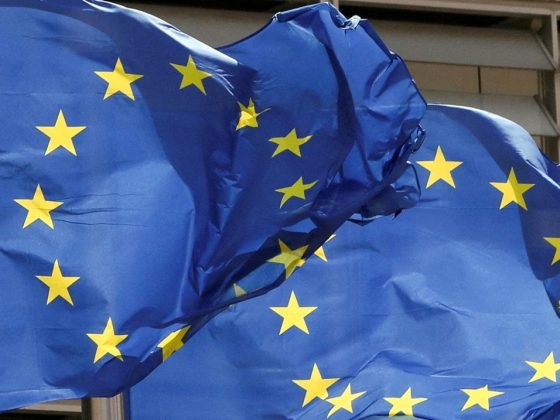Every so often, I am amazed at the willingness of people to blindly follow leaders in the name of some ideology or religion, and believe that it will solve all the world’s problems.
I am amazed not because people can become fanatics, but because they somehow still don’t understand that “The inclination of a man’s heart is evil from his youth” (Gen. 8:21). Somehow, despite eons of bad experiences deriving exclusively from our evil nature, we fail to see that there is simply nothing good in us, that “great is the wickedness of man in the earth, and all the inclination of the thoughts of his heart are only evil all day long” (Gen. 6:5).
Even when we give, we do it because of some ulterior self-serving motive. Baal HaSulam, the greatest kabbalist and thinker of the previous century, and one of the greatest of all time, articulated the nastiness of our nature in the early 1930 in his essay “Peace in the World”: “In simple words,” he wrote, “we will say that the nature of each and every person is to exploit the lives of all other people in the world for his own benefit, and all that he gives to another is only out of necessity.” “Even then,” he stressed, “there is exploitation of others in it, but it is done cunningly, so his neighbor will not notice it and concede willingly.”
“Leaders are fixated on gaining power and control, so they will support any agenda that increases their popularity. But what about us, the people who follow them? Have we not learned yet that every ideology and every religion, even if it begins with the best intentions, ends up being self-serving, patronizing, and therefore wrong?”
I do not expect leaders to acknowledge that this is who we are. Leaders are fixated on gaining power and control, so they will support any agenda that increases their popularity. But what about us, the people who follow them? Have we not learned yet that every ideology and every religion, even if it begins with the best intentions, ends up being self-serving, patronizing, and therefore wrong?
It is vital that we recognize the truth about human nature because only if we acknowledge it will we genuinely seek to change it. Until then, we will continue to cling to false ideas and dogmas, and we will continue to patronize, admonish, and torture one another through our ignorance. Perhaps this is why Rudyard Kipling wrote, “There is no sin so great as ignorance. Remember this.” Indeed, we seem to be oblivious to it.
“If we resolve to change our nature, we will discover that there is indeed an alternative. The reason we perceive every being in our world as selfish and uncaring toward others is that we ourselves are like that. However, this is not at all the truth. If it were, this world would not persist; it would disintegrate before any complex being could come into being.”
If we resolve to change our nature, we will discover that there is indeed an alternative. The reason we perceive every being in our world as selfish and uncaring toward others is that we ourselves are like that. However, this is not at all the truth. If it were, this world would not persist; it would disintegrate before any complex being could come into being.
The truth is that the law that governs our world is not the “winner take all,” but the “law of balance,” of homeostasis. Every scientist and physician knows that were it not for homeostasis, or dynamic equilibrium, nothing would evolve. Yet, unless we recognize that our current perception is flawed, we will not be able to open our eyes and see the truth.
Once we realize that we are the only selfish beings on the planet, we will begin to change. Gradually, we will become aware of our mutual dependence and learn to act accordingly. What comes naturally to animals, we will gain through our efforts. Yet, our reward will be a deeper understanding and perception of the world than any being can have.
Only once we achieve this new perception will we realize that we were created selfish precisely so as to perceive how the world really operates. Had we been made this way from the beginning, we would have followed our instincts and would not have known that there is more than one option for existence. Our ego is our foe, but it is also our impetus for positive transformation. The sooner we use it for that purpose, the sooner we will gain that new perception and discover the truth about our world—that everything is balanced, harmonious, and filled with love.











